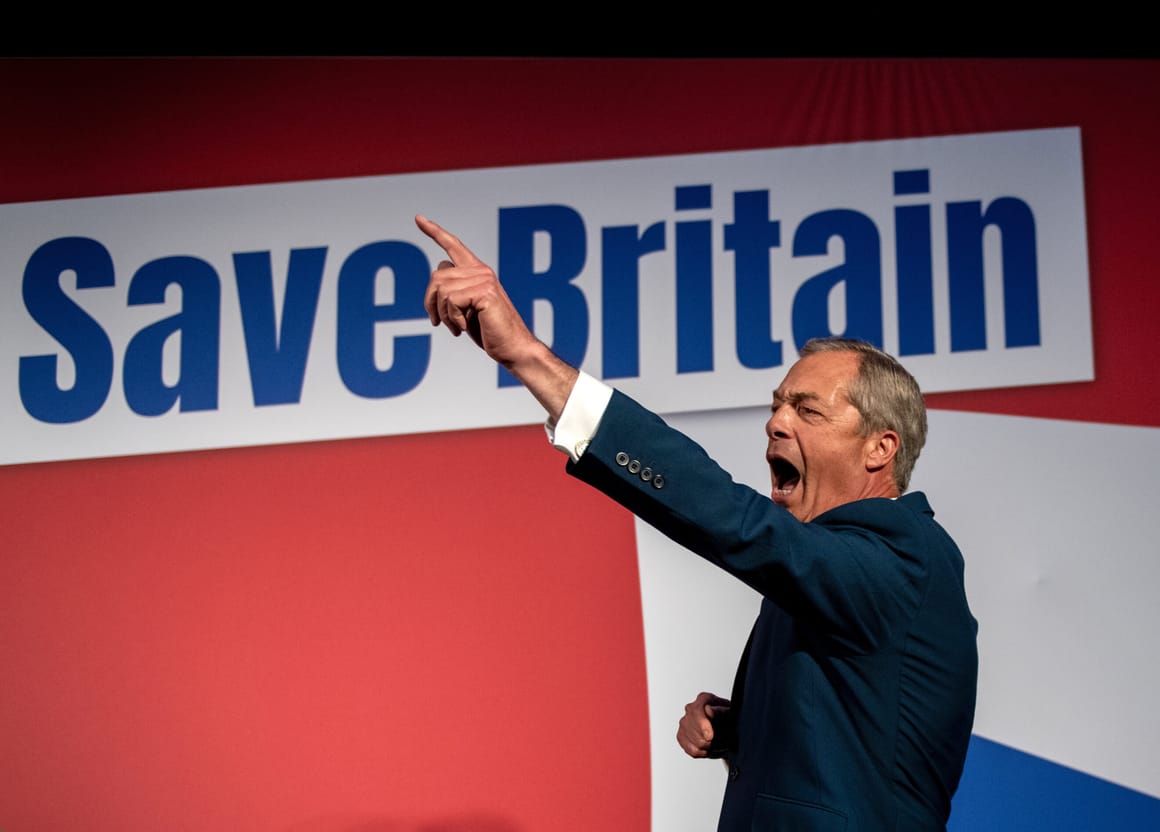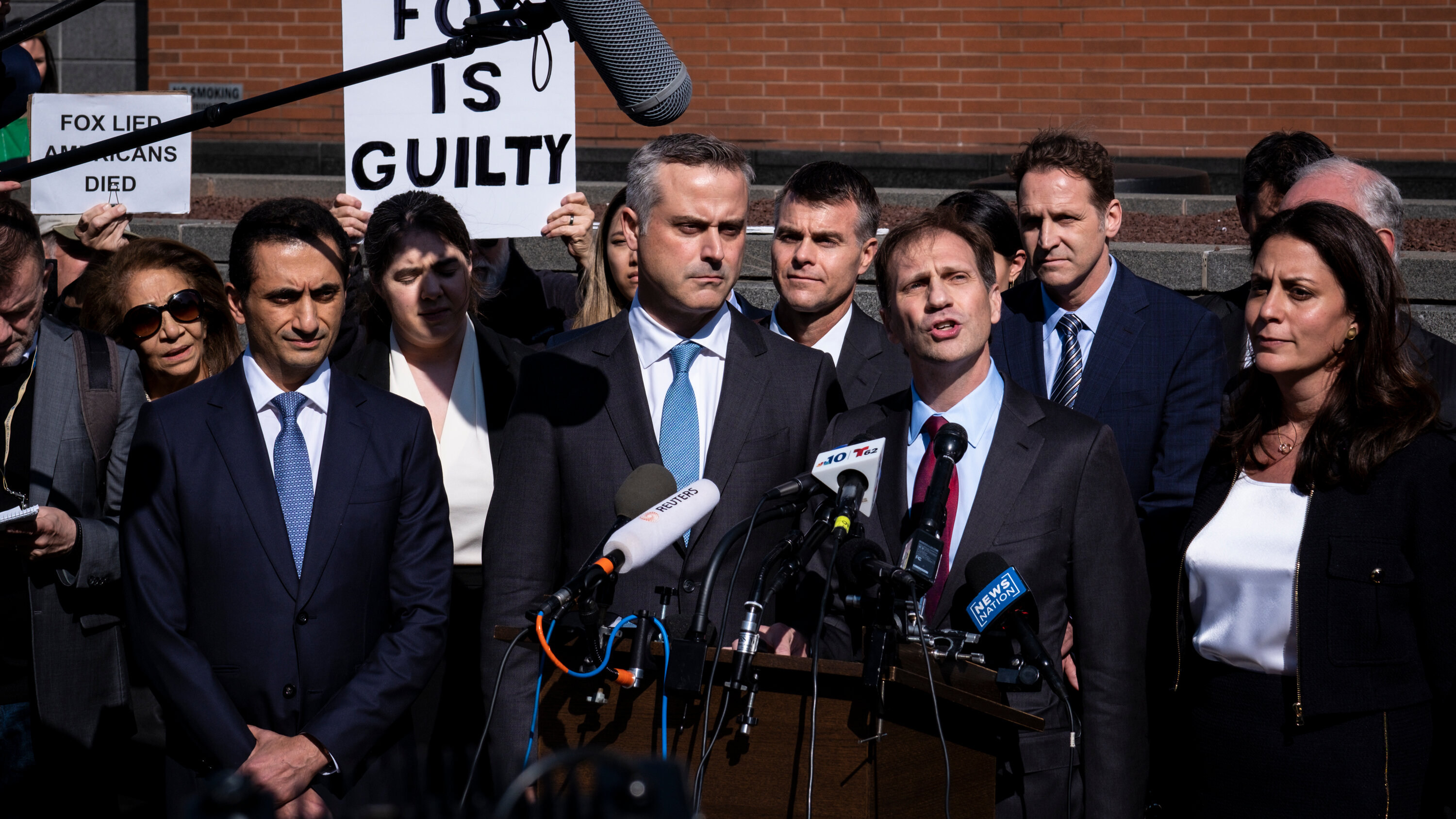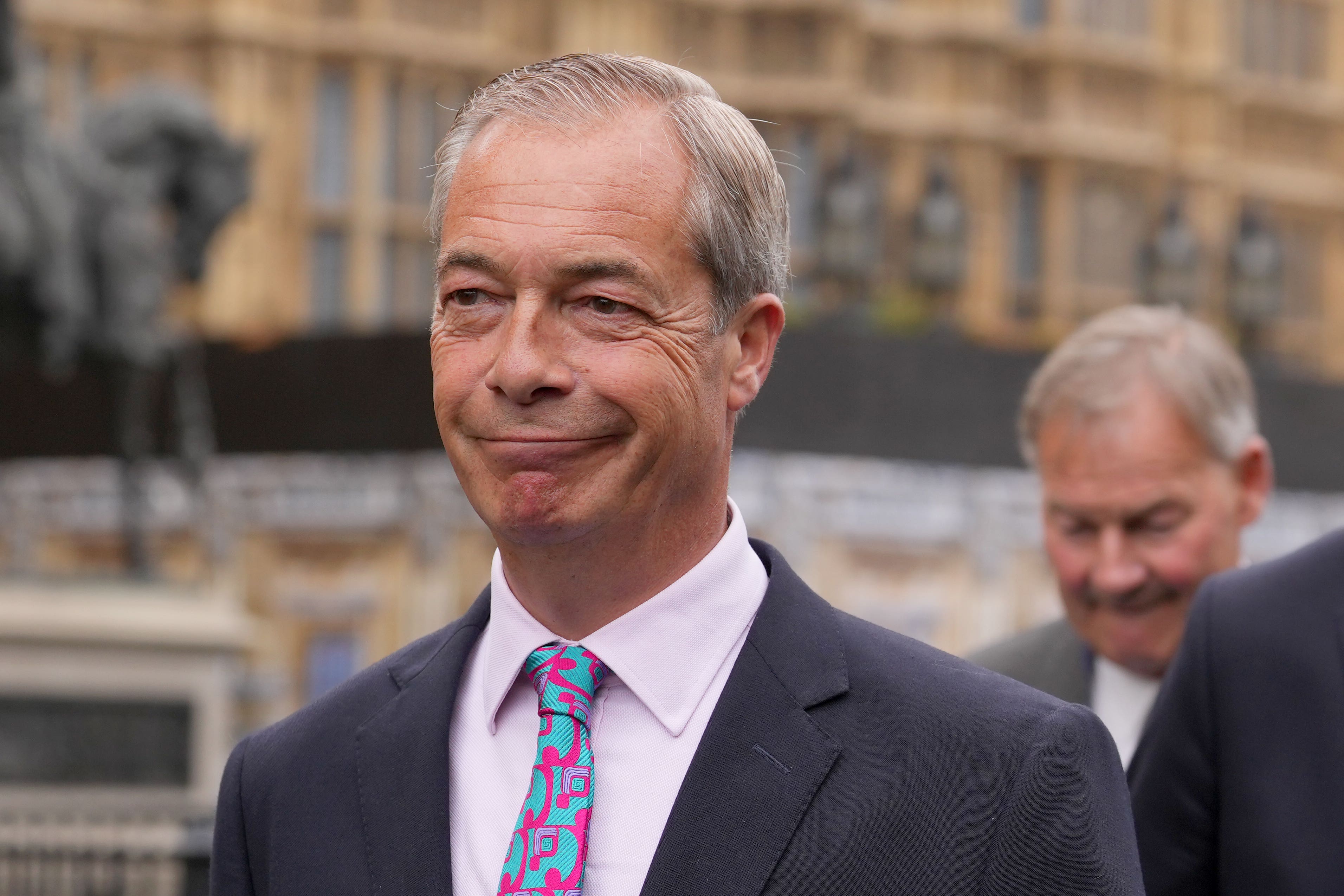Reform UK's Political Ascent: The Farage Factor

Table of Contents
Nigel Farage's Role in Reform UK's Formation and Growth
Nigel Farage's involvement is undeniably central to Reform UK's success. His decades-long career in British politics, coupled with his established brand recognition, has proven invaluable.
Farage's Political Experience and Established Brand Recognition
- Past Successes (UKIP): Farage's leadership of the UK Independence Party (UKIP) resulted in significant electoral gains, notably in the European Parliament elections. This built a strong foundation of support and media exposure.
- Strong Media Presence: Farage is a highly skilled communicator and media personality, adept at articulating his views and capturing public attention. His frequent appearances on television and radio have amplified Reform UK's message.
- Anti-Establishment Sentiment: Farage's consistent criticism of the political establishment and his populist appeal resonated deeply with a segment of the British electorate disillusioned with mainstream parties. This pre-existing base of support easily transitioned to Reform UK.
- Policy Positions: His unwavering stance on Brexit, coupled with populist economic policies, significantly contributed to attracting voters who felt unheard by the traditional parties.
Reform UK's Strategic Alignment with Farage's Populist Platform
Reform UK's policy platform mirrors Farage's long-held beliefs, further solidifying his appeal to his established voter base.
- Key Policy Positions: The party's focus on Brexit, stricter immigration controls, and a more Eurosceptic economic policy directly addresses the concerns of a significant segment of the population.
- Demographic Appeal: These policies resonate particularly with working-class voters, disillusioned Conservatives, and those with strong anti-EU sentiments.
- Marketing and Communication Strategies: Reform UK effectively utilized social media and traditional media channels to reach these specific demographics. Targeted advertising campaigns played a significant role in communicating their message to voters.
Exploiting Public Discontent and Political Opportunities
Reform UK's success stems from its ability to capitalize on prevailing public discontent and political opportunities.
Capitalizing on Brexit Disillusionment
- Conservative Party Failures: Many voters felt the Conservative Party failed to fully deliver on its Brexit promises, leading to widespread disillusionment.
- Voter Dissatisfaction: This dissatisfaction created an opening for a party explicitly positioned as the true voice of Brexit, a space Reform UK readily filled.
- Positioning as the "True Brexit Voice": Reform UK effectively portrayed itself as the only party truly committed to delivering a complete break from the European Union, attracting voters who felt betrayed by other parties. This is supported by increased support in post-Brexit elections.
Targeting Specific Voter Demographics
Reform UK strategically focused its efforts on specific demographics.
- Key Demographics: Working-class voters, former Conservative supporters, and individuals holding strongly anti-EU views were prime targets.
- Targeted Campaigning: The party implemented highly targeted advertising and campaigning strategies to connect with these groups, employing personalized messaging and community outreach.
The Impact of Social Media and Online Engagement
Reform UK's online presence has been instrumental to its growth.
- Social Media Strategy: The party's effective social media strategy included the use of targeted advertising on platforms like Facebook and Twitter, which successfully reached key demographics.
- Successful Online Campaigns: Viral content and engagement with online influencers significantly boosted the party's visibility and reach.
Challenges and Future Prospects for Reform UK
Despite its impressive ascent, Reform UK faces significant challenges.
Internal Divisions and Leadership Challenges
- Potential Internal Conflicts: The party's relatively young organizational structure might lead to internal conflicts and challenges to Farage's leadership.
- Organizational Structure: Maintaining unity and effective organization will be crucial for long-term success.
Competition from Established Parties
- Competition from Mainstream Parties: The Conservative Party, Labour Party, and other established parties pose significant competition.
- Electoral System Limitations: The UK's first-past-the-post electoral system makes it difficult for smaller parties to gain widespread representation in Parliament. Reform UK will need to overcome this challenge to achieve significant gains in future elections.
Reform UK's Political Ascent: The Enduring Farage Factor
In conclusion, Reform UK's rise is inextricably linked to Nigel Farage's political experience, strategic leadership, and ability to tap into public discontent. By effectively capitalizing on Brexit disillusionment and leveraging social media, the party has made significant inroads into the British political landscape. However, internal cohesion and navigating the challenges posed by established parties will determine Reform UK's long-term success. Further research into Reform UK's policies and their impact on British politics is crucial. Share your thoughts and analysis of Reform UK's future in the comments section below!

Featured Posts
-
 Guido Fawkes Analyses The Revised Direction Of Energy Policies
May 03, 2025
Guido Fawkes Analyses The Revised Direction Of Energy Policies
May 03, 2025 -
 Financement De Projets A Maurice Signature D Un Accord D Aide Financiere
May 03, 2025
Financement De Projets A Maurice Signature D Un Accord D Aide Financiere
May 03, 2025 -
 20 Million Settlement On The Table Exclusive Details Of Trump Lawsuit Talks
May 03, 2025
20 Million Settlement On The Table Exclusive Details Of Trump Lawsuit Talks
May 03, 2025 -
 Reform Uks Five Biggest Challenges A Potential Political Collapse
May 03, 2025
Reform Uks Five Biggest Challenges A Potential Political Collapse
May 03, 2025 -
 Community Mourns Poppy Atkinson Funeral Held After Car Accident
May 03, 2025
Community Mourns Poppy Atkinson Funeral Held After Car Accident
May 03, 2025
Latest Posts
-
 Updated Fight Card Ufc 314 Pay Per View Event Changes
May 04, 2025
Updated Fight Card Ufc 314 Pay Per View Event Changes
May 04, 2025 -
 Ufc 314 Revised Fight Order Revealed For Pay Per View
May 04, 2025
Ufc 314 Revised Fight Order Revealed For Pay Per View
May 04, 2025 -
 Ufc 314 Fight Card Official Order Changes Announced
May 04, 2025
Ufc 314 Fight Card Official Order Changes Announced
May 04, 2025 -
 Ufc 314 Fight Card Everything You Need To Know About Volkanovski Vs Lopes
May 04, 2025
Ufc 314 Fight Card Everything You Need To Know About Volkanovski Vs Lopes
May 04, 2025 -
 Ufc 314 Volkanovski Vs Lopes Full Event Preview And Fighter Profiles
May 04, 2025
Ufc 314 Volkanovski Vs Lopes Full Event Preview And Fighter Profiles
May 04, 2025
